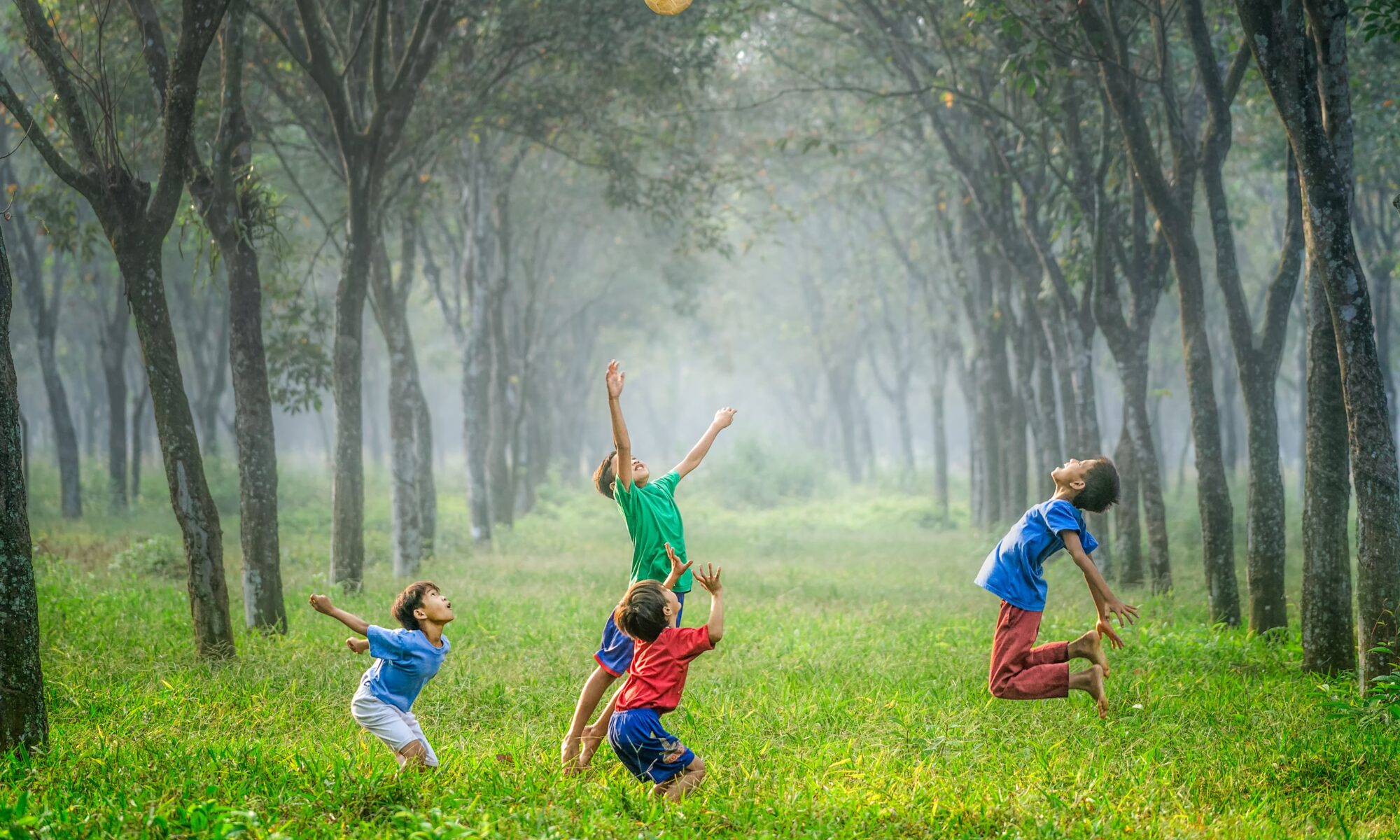The headlines talk of failing schools, teacher shortages and lost students. There are controversies about religion, race, gender and sexuality in the schools. In the background is anxiety about violence. Education has become a battleground.
One solution is to simply ban controversy. In Texas, a school district removed controversial books from the library, including “Anne Frank” and the Bible. In Wisconsin, a school board banned flags, badges and slogans, including Pride flags, Black Lives Matters banners, and We Back the Badge signs. And here in Fresno, Bullard High School is planning to ban cell phones. An article in The Bee connected the cellphone ban to the controversy about racist photos taken on phones at Bullard High last year.
Schools have become a breeding ground for controversy. But let’s not turn schools into spiritless places where burned out teachers and disengaged kids go through the motions of education. That old Pink Floyd video comes to mind, in which students plod into a meat grinder.
We are so focused on controversy that we often miss the good news. So here’s a bit of good news. A recent study by Paul E. Peterson and M. Danish Shakeel concludes that kids are learning more now than they did 50 years ago. They analyzed data stretching back to 1971 that shows improvement since then in math and reading. This echoes the fact that IQ scores have also improved over time.
Their study notes that this improvement is true across demographic categories. The researchers admit that COVID was a recent setback. But they conclude, “Contrary to what you may have heard, average student achievement has been increasing for half a century.”
And yet the prevailing image is demoralizing. Perhaps we are too focused on nitpicking diminishing returns. As things generally improve, you start to freak out about small setbacks and minor blips. But all of this nitpicking can be disheartening.
It might help to remind ourselves that kids are innately curious and that teachers love to help them learn. The culture war approach to school misunderstands teaching and learning. War destroys things. It doesn’t build them up. Teaching and learning come from a place of love, empathy, creativity and play.
This is an ancient truth about teaching and learning. Socrates thought love was the guiding spirit of education. He challenged his students to think about difficult things. And he chastised them when they went astray. But he also loved them and believed that his students had the potential to improve.
Teaching and learning require a playful spirit. Mechanical and compulsory training may work for animals and for human beings forced to master monotonous tasks. But human beings learn the best and highest things through play and exploration. Plato thought that we are most fully human when we are free and at play.
Only humans engage in sports, games, drama, storytelling, art, and music. These are all forms of play. They require practice and discipline — but they are supposed to be fun. Scientific exploration and philosophical speculation are similar. They are ways of playing with concepts, ideas, and with the world itself.
Play involves intense concentration focused on activities we love for their own sake. Genuine play is not done in order to produce some external result or because some coach forces us to do it. Rather, authentic play is self-motivated and free. We play with ideas and explore the world because we are curious and because exploration and creativity are enjoyable. Playing and learning are ends-in-themselves. We do these things because we love them.
That’s the key to teaching and learning. Teachers love teaching because they enjoy playing with ideas and sharing their love of learning with their students. And students learn best when they fall in love with a subject that inspires their curiosity and their innate desire to explore.
The good news is that kids are learning better now than they were a half century ago. Of course, there is more work to be done. But let’s stop freaking out and turning schools into battlefields. It’s impossible to learn or teach in a war zone. Education occurs best under conditions of peace, when playful and curious spirits are given the freedom to question, create, and think.
Read more at: https://www.fresnobee.com/opinion/readers-opinion/article264669234.html#storylink=cpy


